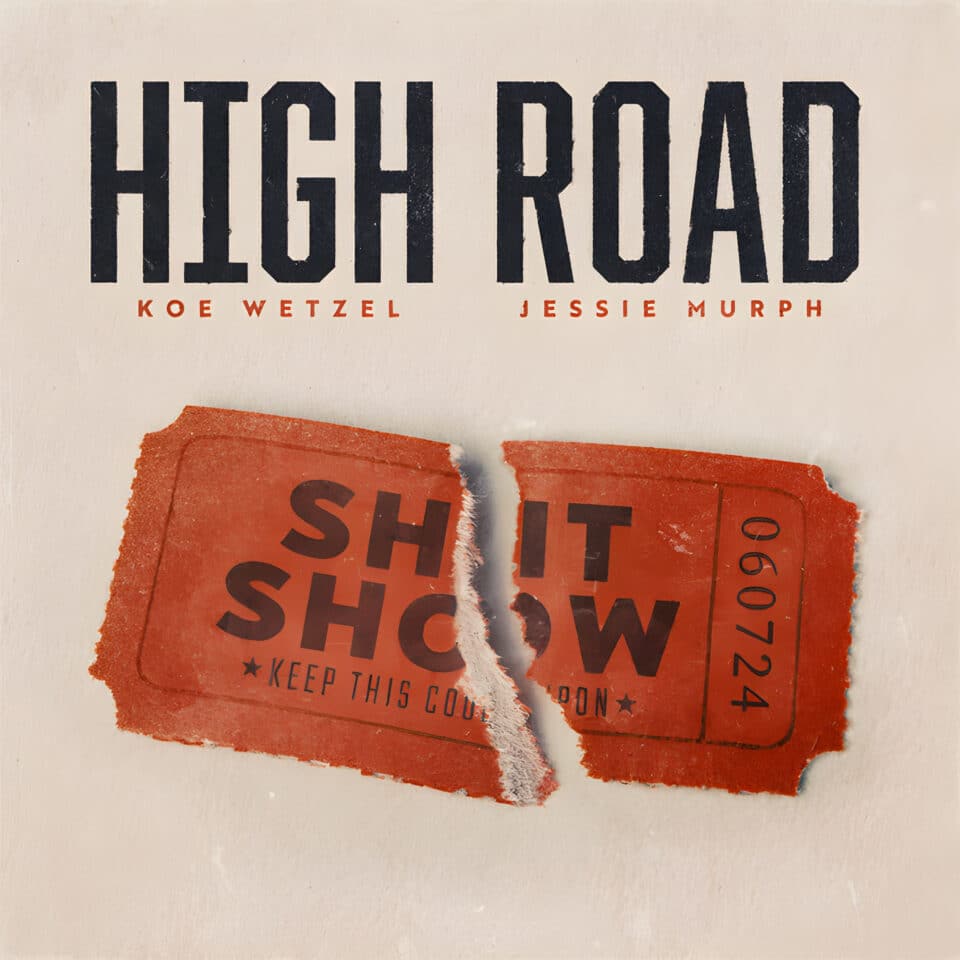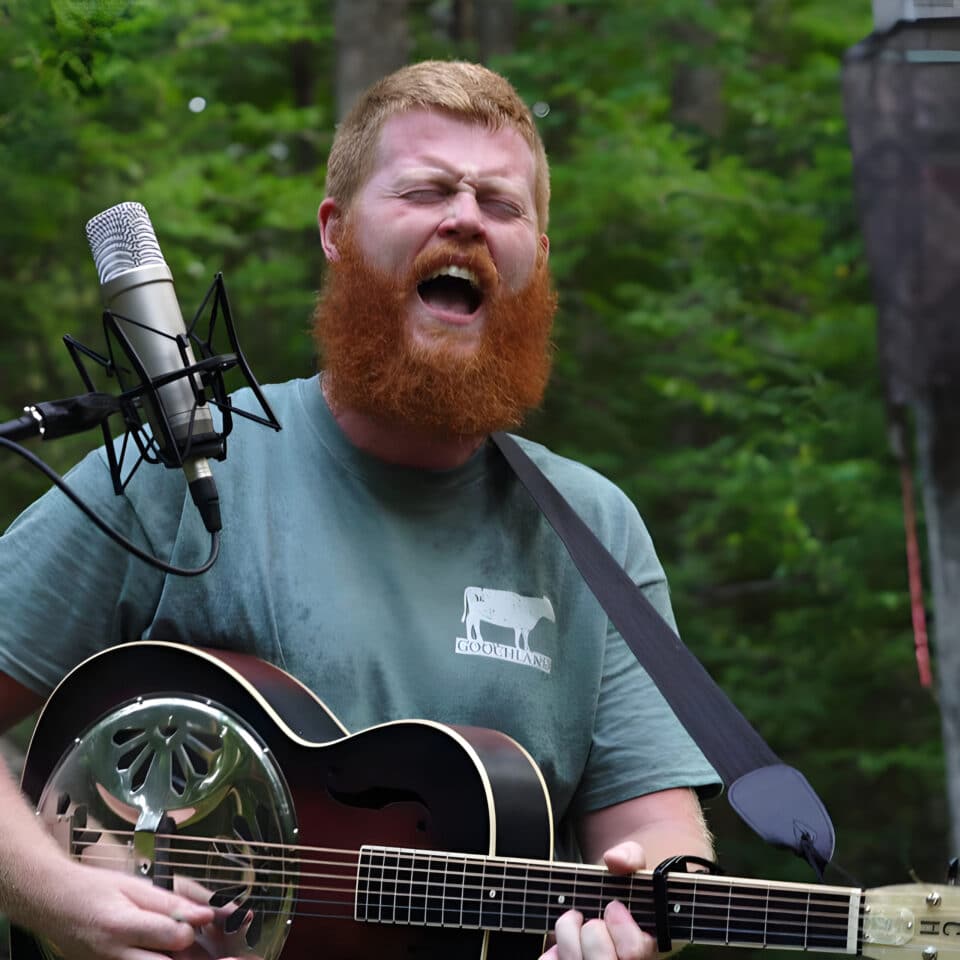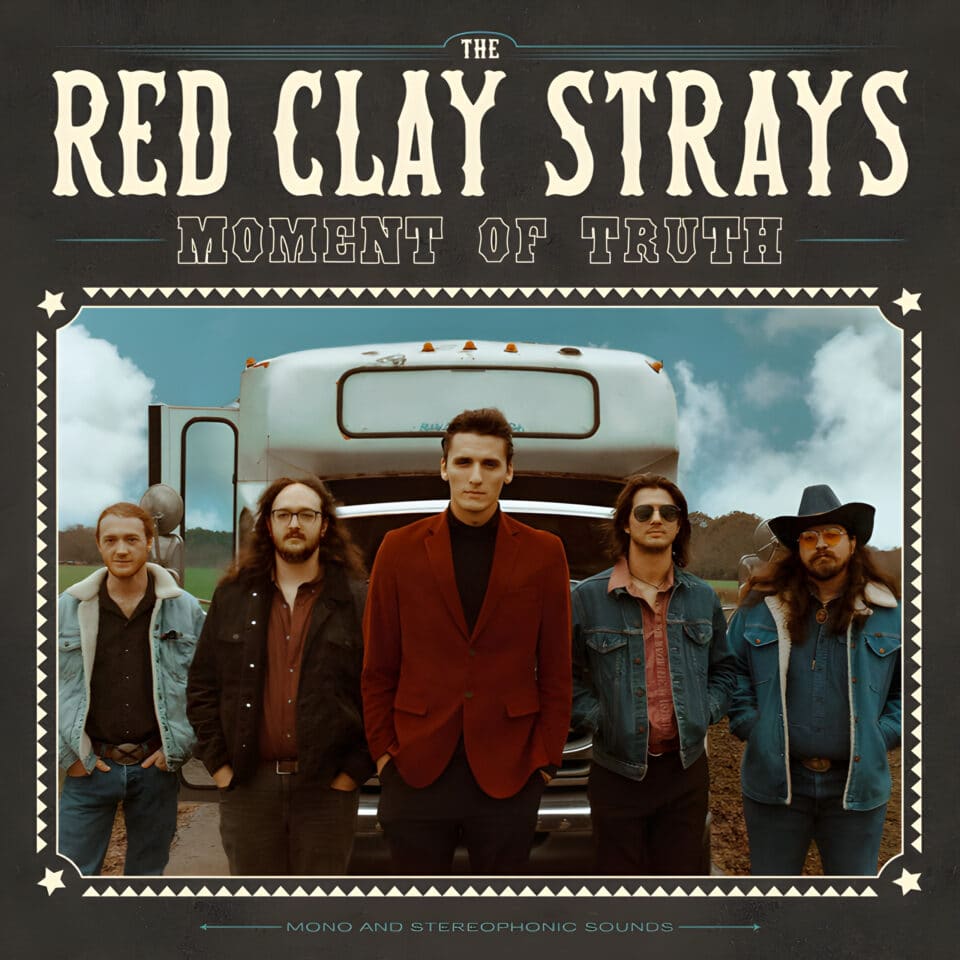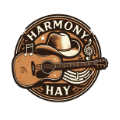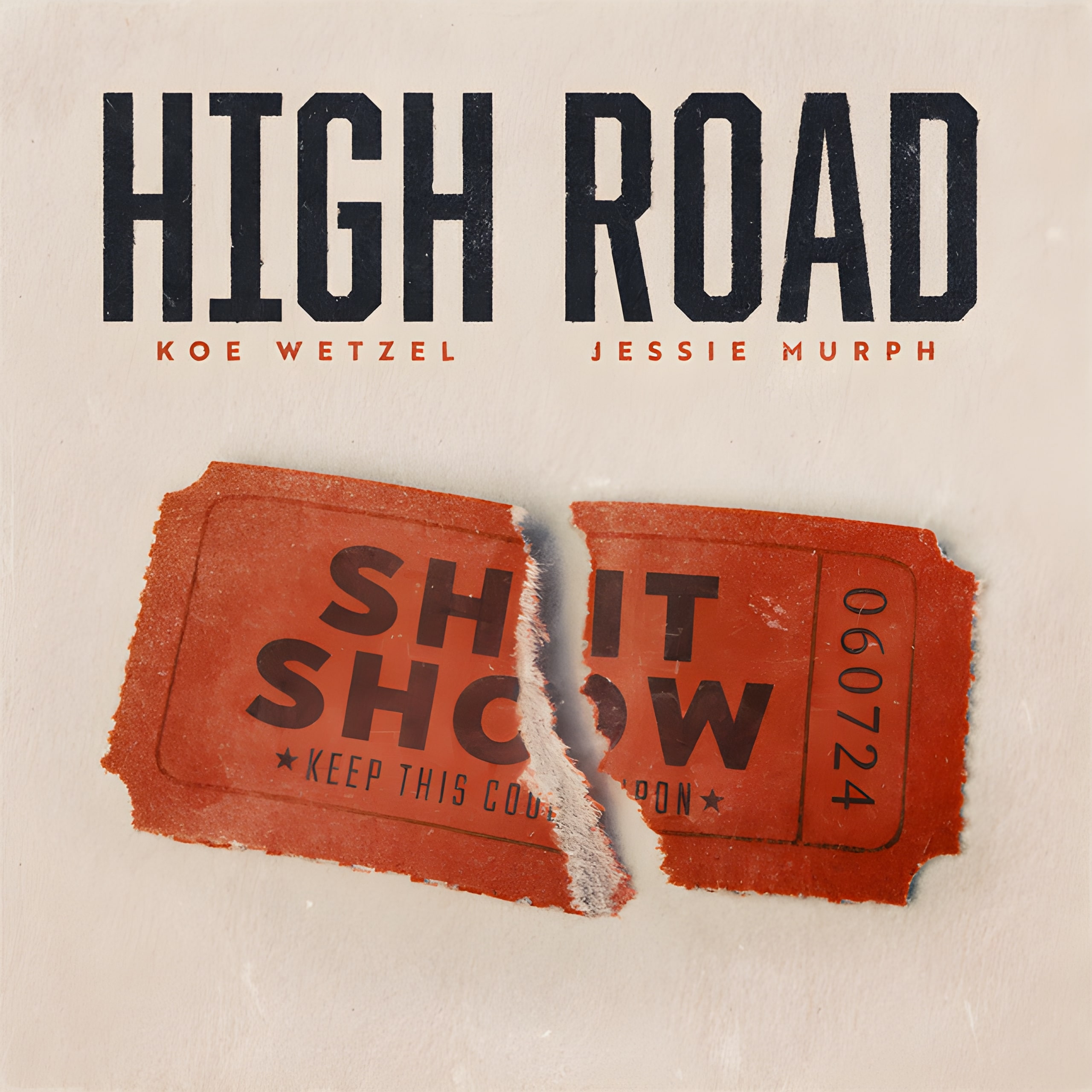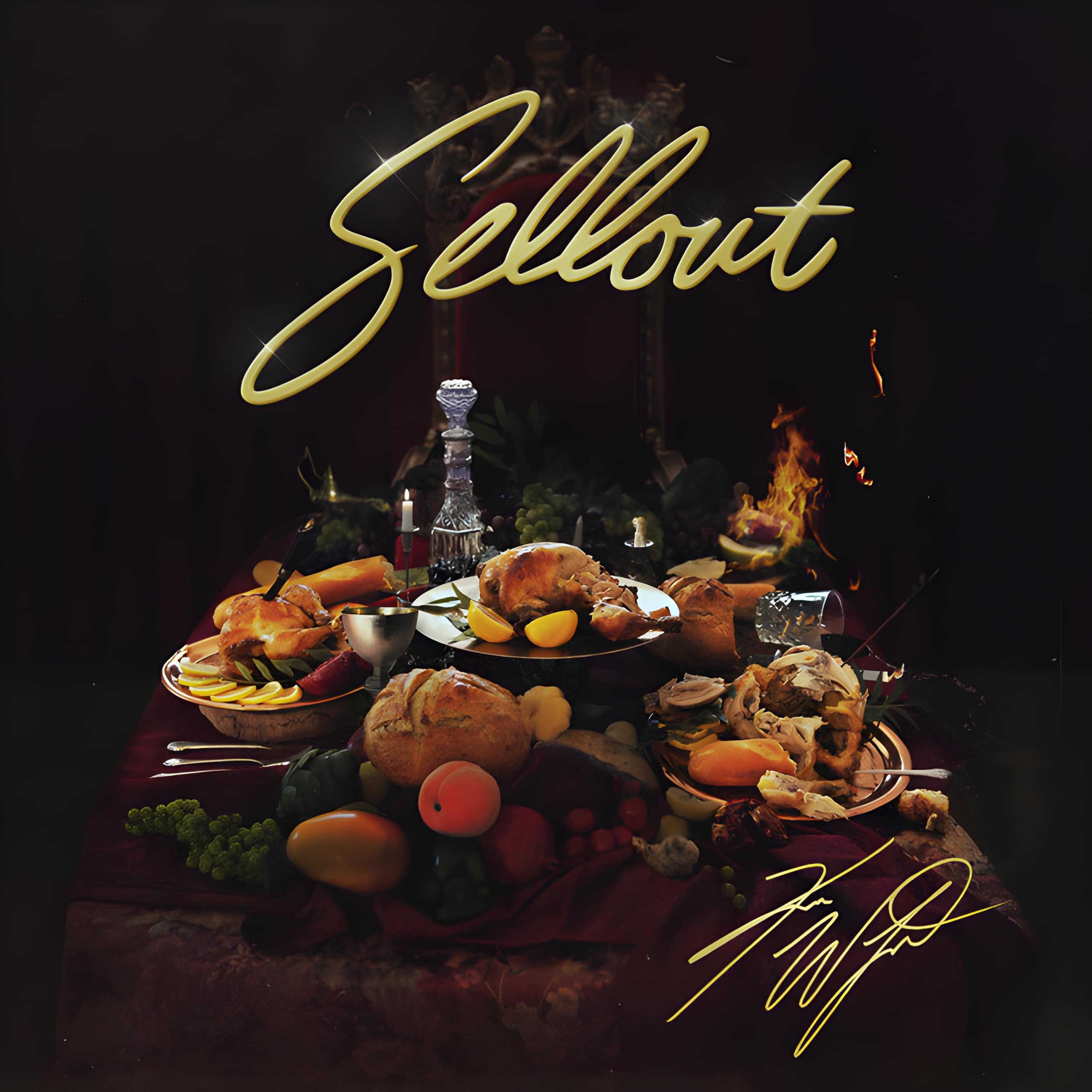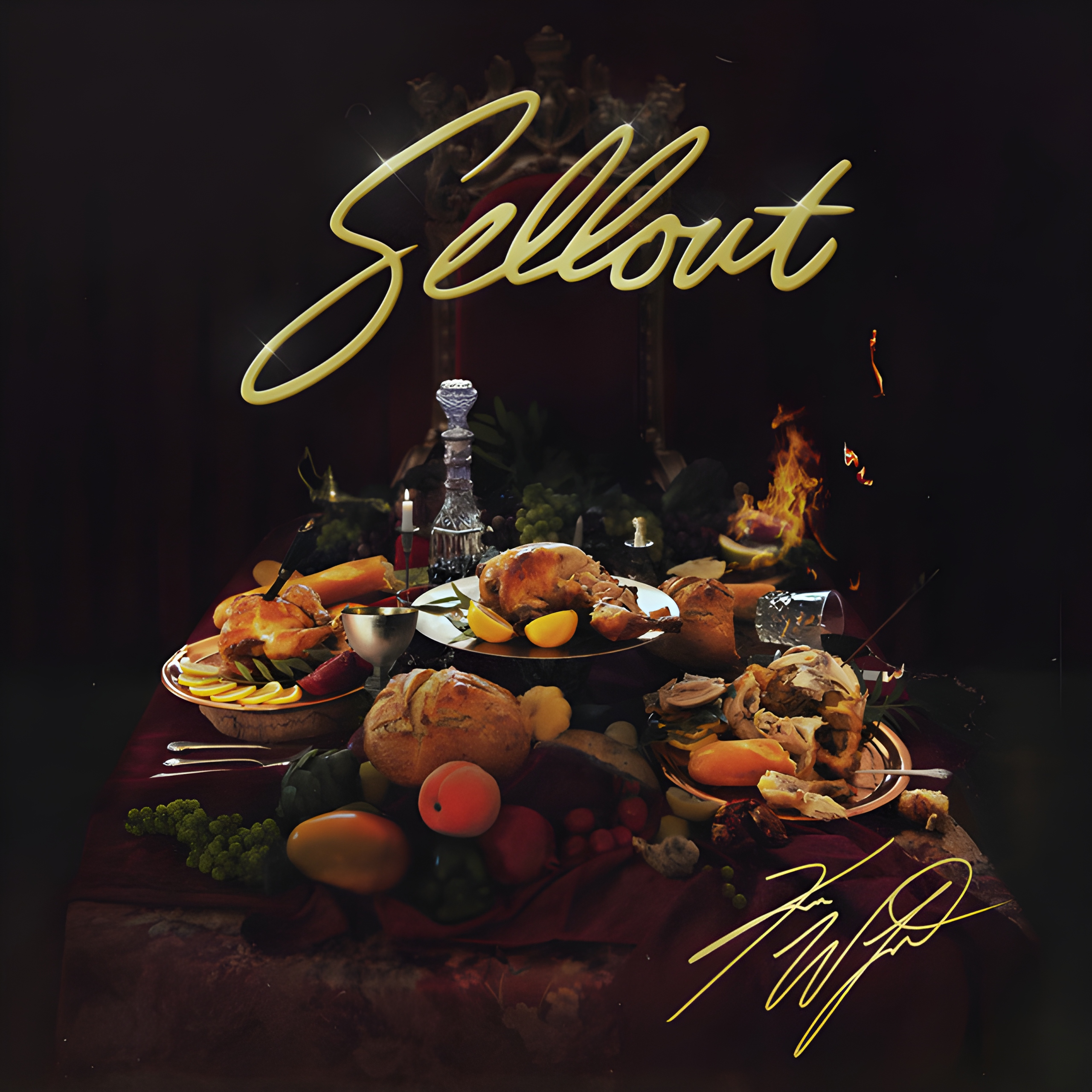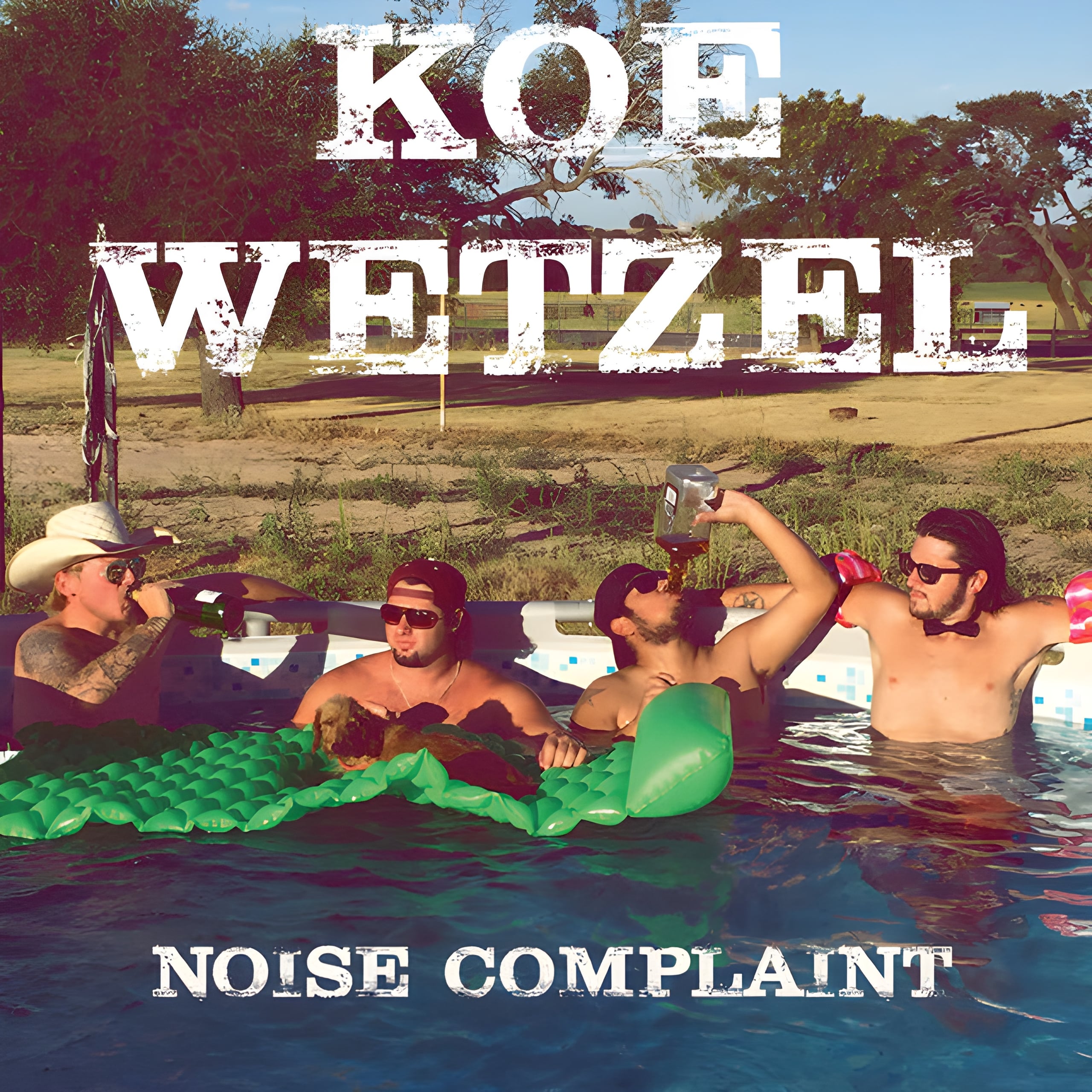Released: 2024Features: Jessie MurphIn “High Road” by Koe Wetzel, the song dives into the heartache and drama of a tumultuous relationship, underlining a firm decision to rise above the chaos instead of getting dragged down by it. This anthem is a declaration of independence from the toxicity that sometimes seeps into love, emphasizing self-care over self-sabotage.
The song kicks off with a straightforward admission of tension and conflict, “Well, I can tell that you’re mad. And I ain’t half surprised about that since the day that we met.” Here, Koe touches on the recurring disagreements and the perpetual cycle of who’s at fault—a common scenario in rocky relationships. The phrase “It’s always who cuts first and never who bleeds last” cleverly uses cutting and bleeding as metaphors for causing hurt and feeling hurt, suggesting that in their battles, it’s more about who initiates the argument rather than who’s left hurting more.
The chorus is where the title comes into play, “I’ma take the high road, baby get stoned.” Taking the high road is a figure of speech for handling a difficult situation by being morally superior, or simply not stooping to the level of negativity and drama. Interestingly, Koe twists this with “baby get stoned,” implying that his way of taking the high road involves numbing the pain with substances, which might not be the healthiest coping mechanism. The line “I don’t need a ticket to your shitshow” is boldly declarative, using shitshow as slang for a chaotic or disastrous situation, stating that he’s done being part of the drama.
When Jessie Murph steps in, she mirrors the sentiment from a female perspective, “Hmm, you don’t wanna talk about it, boy, that’s no surprise.” Jessie’s verses highlight the lack of communication, infidelity, and the resulting emotional toll. Her decision to also “take the high road” is both an echo of Koe’s resolve and a reaffirmation of her own dignity. The shift from simply criticizing the partner to also talking about self-liberation indicates that sometimes, walking away is the best way to heal and grow.
The repeated chorus at the end serves as a powerful reminder of their decision to not let the turmoil of the relationship ruin their well-being. By choosing to “take the high road,” both Koe and Jessie underscore a message of resilience and self-preservation in the face of love gone sour. Overall, the song is a raw, honest exploration of the decision to choose peace over perpetual conflict.
